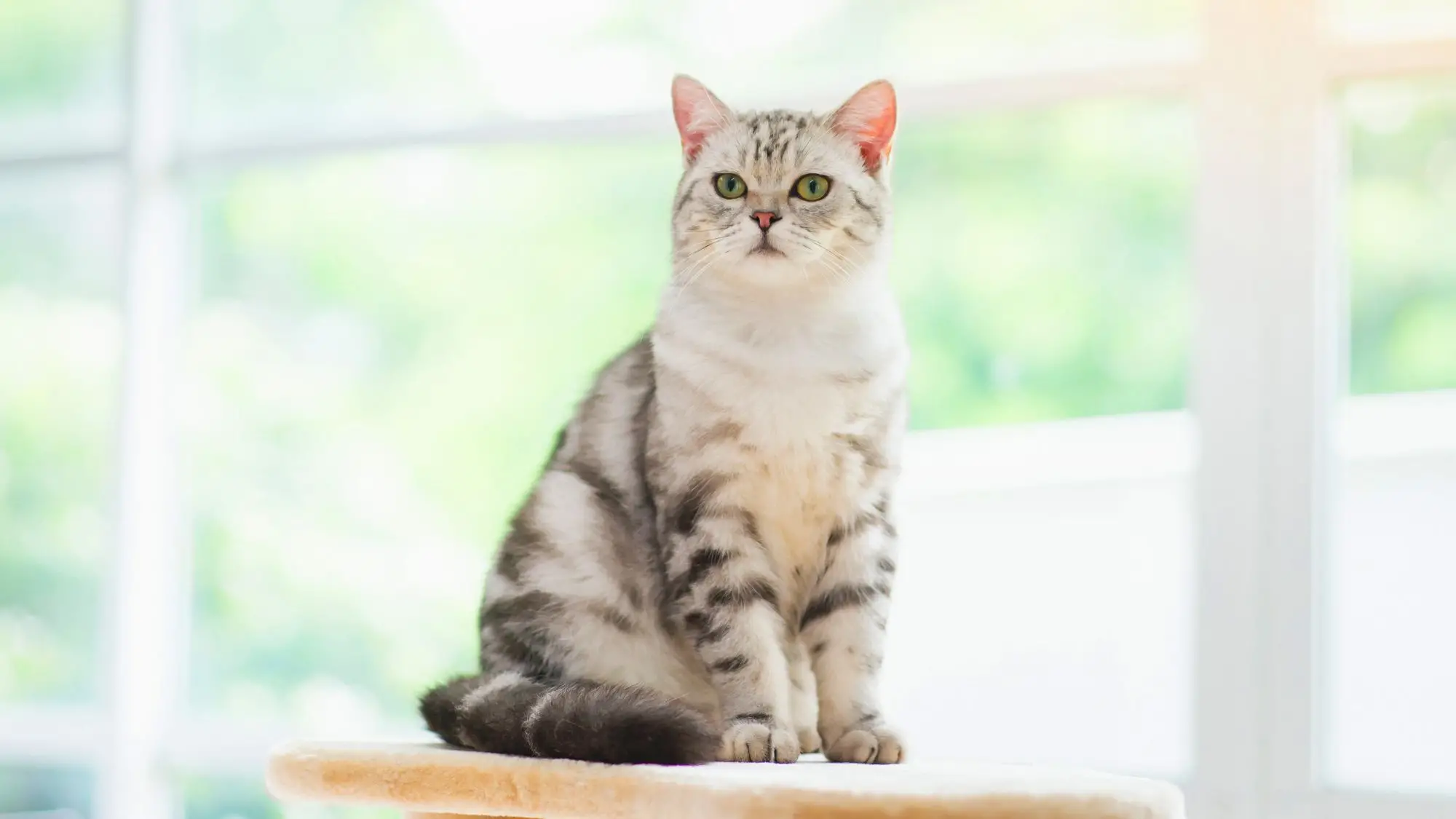5 owner habits that cause pet stress

The habits of an owner can have a significant impact on the life of their pet. Some habits that may seem innocent to us can irritate animals and even lead to stress, behavioral problems, and health issues. From loud music to excessive petting, pets are often extremely patient with our habits. However, to prevent this patience from turning into potential problems, let's take a closer look at how owners can make their pets feel uncomfortable.
1. You do not follow a daily routine
For humans, a daily routine may seem depressing and boring, but daily rituals, habits, and routines are extremely important to our pets. This is especially true for dogs. The usual diet, feeding, playing, walking, and sleeping times are all memorized and followed by the dog. Deviating from the routine, even if it's a slight change in the time or duration of a walk or a change in food, can cause stress and behavioral problems in dogs.
"A stable diet plays a key role in the health of our pets. Abrupt changes in food can harm the gastrointestinal tract, making it difficult to absorb the necessary nutrients, and cause digestive disorders", says Oleksandr Aishpur, veterinarian, Royal Canin's expert on scientific communications, "If you need to change the diet, you should do it gradually. In about a week, the intestinal microbiome will be able to adapt to the new diet, which will prevent possible health problems and support optimal body function".
2. Leaving your pet alone for a long time
If dogs are left alone for a long time, they begin to experience so-called separation anxiety, which can lead to the development of various behavioral and psychological problems: attempts to escape, excessive barking, etc. It is worth remembering that dogs are social animals, and they perceive you as part of their own pack.
At the same time, despite the widespread myth that cats are prone to loneliness and independence, whiskered cats also need our attention. Of course, sometimes domestic cats need some alone time, and that's understandable. But don't forget that playing, brushing, and stroking together are opportunities to interact with your cat and maintain a strong bond between you.
3. You forget about your pet's personal boundaries
Learn to understand your pet's body language and respect their personal boundaries.
Cats can be extremely sensitive to tactile stimuli, so it's important to be aware of where and how you pet them. To avoid irritating your cat, try to limit stroking to the head and neck, and avoid stroking too intensely and forcefully all over the body.
When you hug a dog around the neck, it may perceive this as a threat. Unlike some other animals, dogs do not use tactile contact to express affection. In fact, when a dog puts its paws or body on another dog, it usually indicates an attempt at dominance.
4. You like loud noises
Our pets are much more sensitive to loud sounds due to the obvious characteristics of the animal body. For example, your dog perceives your scream as a threatening and aggressive bark. Loud shouts will not help in training your pet, but will only scare and confuse it. Instead, remember that dogs understand the emotional coloring of your tone, which means that a calm but persistent voice during training will be much more effective than shouting.
Cats also do not tolerate loud noises. Thunder, quarrels, loud music — various noises can seriously frighten your cat. Constant stress from loud noises can cause a number of behavioral and health problems, including fearfulness, aggression, or depression, accompanied by hair loss and loss of appetite.













